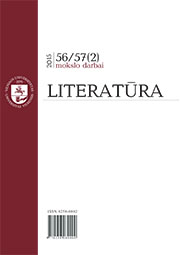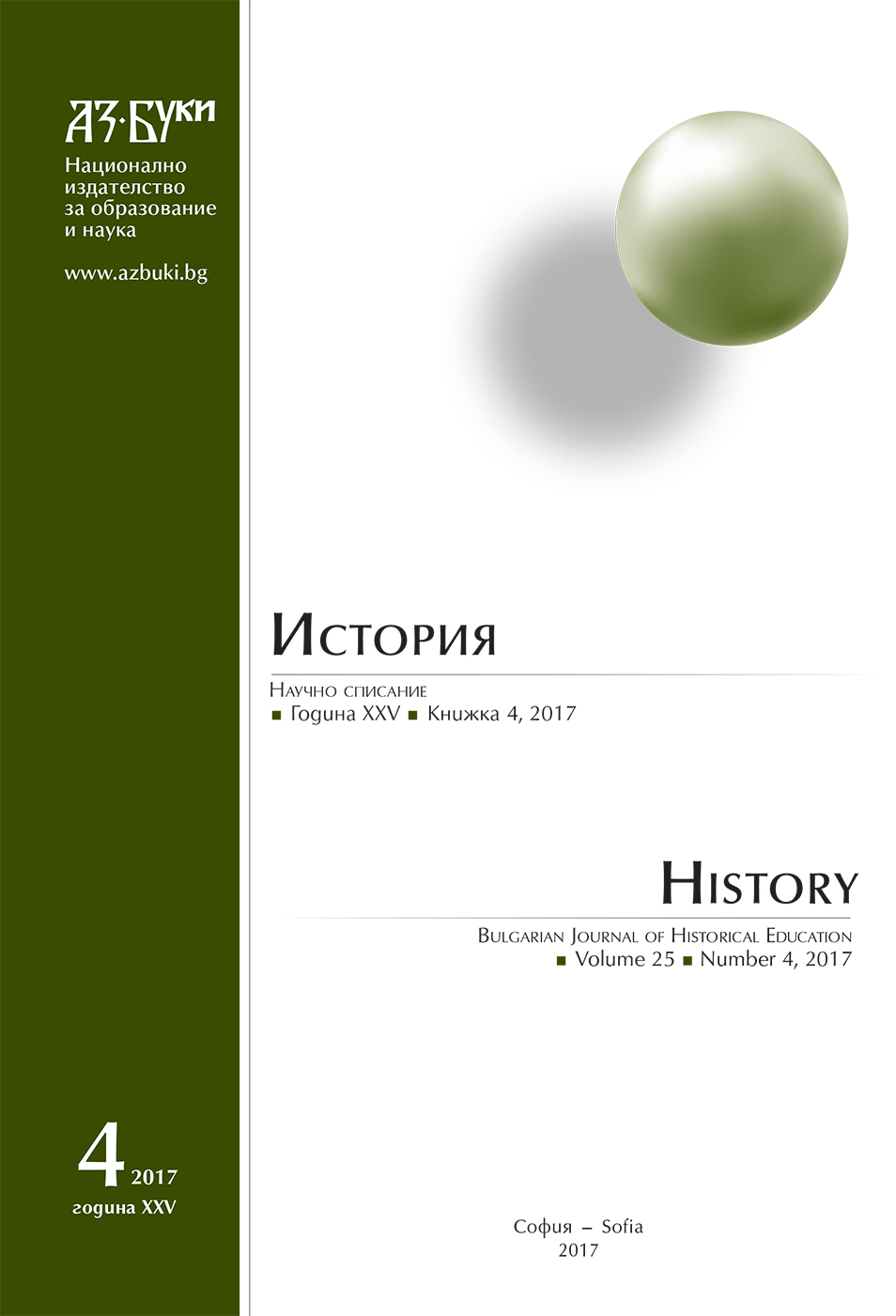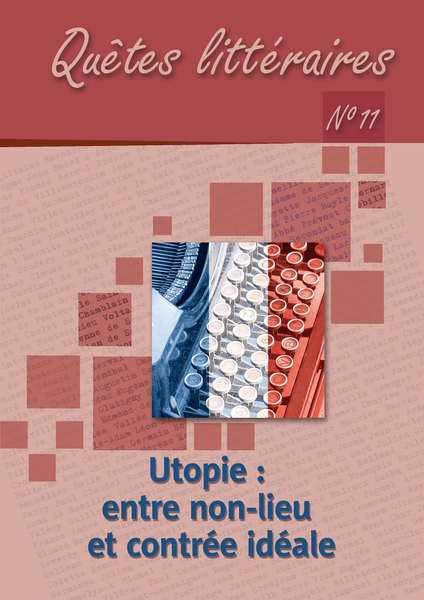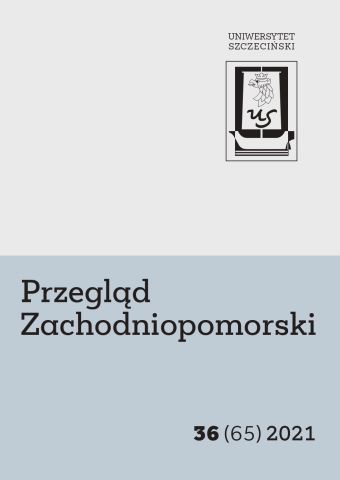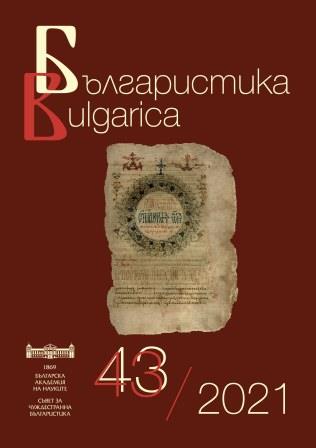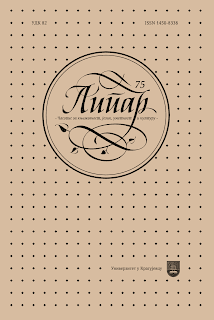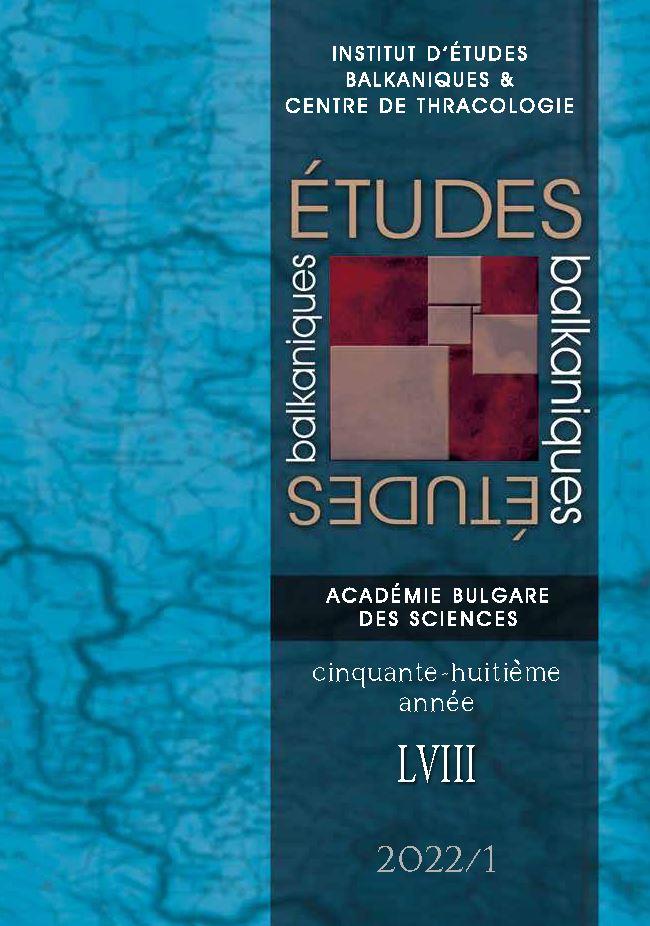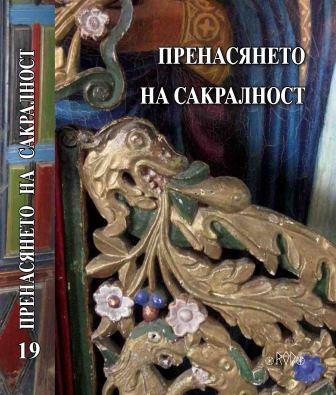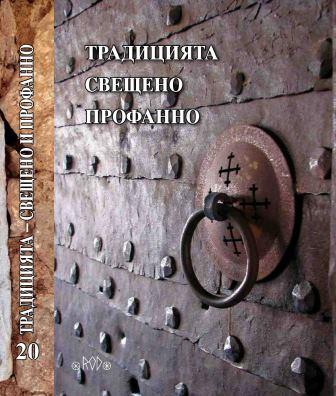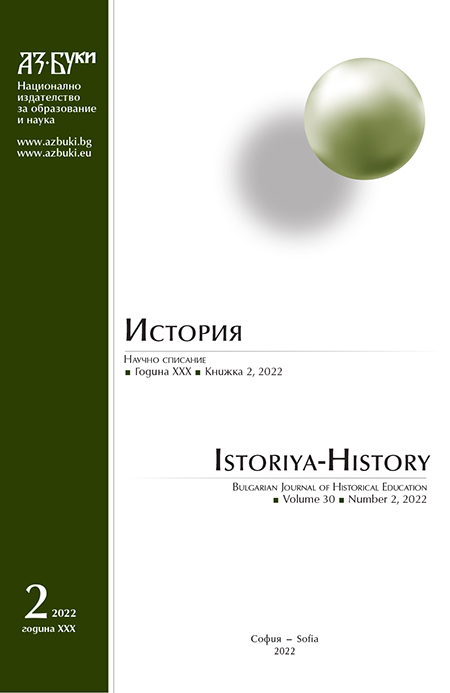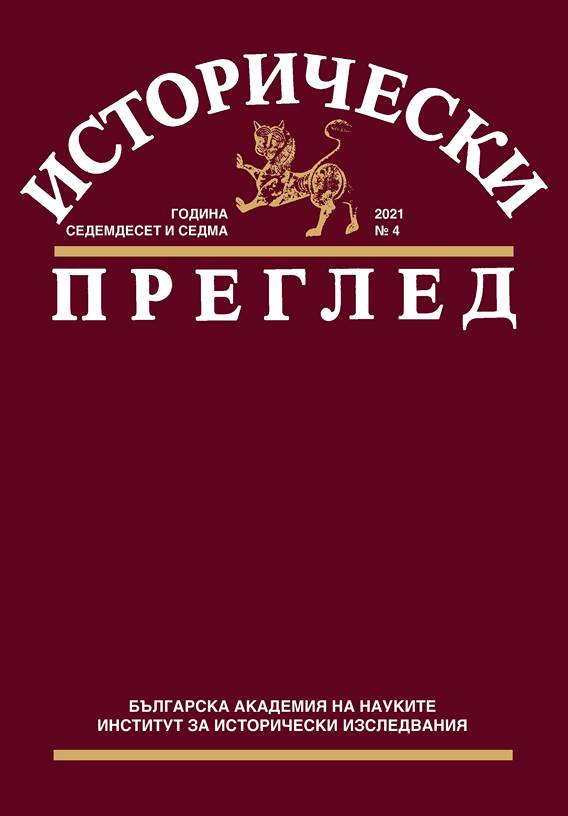Author(s): Duško Lopandić / Language(s): Serbian
Issue: 75/2021
The paper presents the life and work of Eugene of Savoy, a famous military leader at the turn of the 17th and 18th centuries, whose achivements left a mark in the history of numerous countries, from Austria, through Germany, Italy and France, to Serbia. The biography of Prince Eugene has a mutinational, “pan-European” char- acter, bearing in mind that he came from an Italian family (princes of Savoy), that he was raised in the environment of the French royal court, and that he served three Habsburg emperors (Leopold I, Joseph I and Charles VI). Napoleon considered Eugene one of the seven greatest commanders of history.The article contains presentation of young years and military career of Prince Eugene, especially during the Great Turkish war (1683-1699) and after, includin presantation of crucial battles of Zenta (1687), Petrowaradin (1716) and Belgrade (1717). The Prince’s fame was secured with his decisive victory against the Ottomans at the Battle of Zenta in 1697, earning him Europe-wide fame. The Battle of Zenta proved to be the decisive victory in the long war against the Turks. Renewed hostilities against the Ottomans in the Austro-Turkish War consolidated his reputation, with victories at the battles of Petrovaradin (1716), and the decisive encounter at Belgrade (1717). Of all Eugene’s wars this was the one in which he exercised most direct control; it was also a war which, for the most part, Austria fought and won on her own. The war had dispelled the immediate Turkish threat to Hungary and was a triumph for the Empire and for Eugene personally. In the period after the Second World War, during the period of growing popularity of European integration and cooperation, as well as supranational ideas, there was a reinterpretation of the historical role of Eugene Savoy as an archetypal character “pan-European”, “hero of European culture”, “builder of Europe”. The period of the Austro-Turkish wars in which Prince Evgenije participated and his great victories over the Turks had an exceptional influence and significance on the history of the Serbian people (Great Migration 1690). A large number of Serbs also took part in the campaigns and battles led by Eugene of Savoy.
More...
